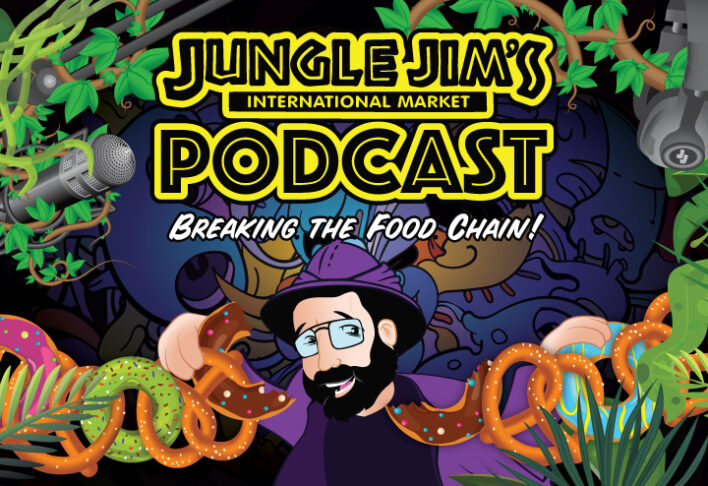
Mid-Autumn Festival
Back to feed- Posted: 9/12/2019
- Categories: International

Traditionally observed at the end of the harvest season, the Mid-Autumn Festival is a Chinese holiday that is celebrated to honor the moon and the harvest. Also called the Harvest Moon Festival, the holiday is the second most important festival in China and is a time for family reunions. It’s been celebrated for over 1,000 years, though some believe it is as old as 3,000 years. Either way, it’s an ancient holiday that has been observed for countless generations and has great meaning to those who celebrate.
The Story
Like many ancient holidays, the Mid-Autumn Festival is rooted in a centuries-old myth. According to legend, a day dawned when ten suns rose into the sky instead of just one. Crops burned and people were suffering, so the famous archer Hou Yi used his bow to shoot 9 of the suns out of the sky. With just one sun, the world went back to normal and Hou Yi was touted as a hero. As a reward for his heroism, he was given an elixir of immortality. However, he hesitated to drink it because he didn’t want to become immortal without his beloved wife, Chang’e. So, the elixir, undrinken, was stored away. One day, Hou Yi left to go hunting and left Chang’e at home. Hou Yi’s friend and apprentice Fengmeng took advantage of his absence and attempted to steal the elixir of immortality. To keep Fengmeng from taking the elixir, Chang’e drank the elixir herself. She, along with her jade rabbit companion, were whisked away to the moon to dwell there forever. Hou Yi, grieving for his lost wife, prepared food in her honor and set a table underneath the full moon, hoping to attract his newly-immortalized wife’s attention. Ever since then, it has been tradition to prepare foods in honor of the moon, especially mooncakes.
The Mooncakes
Circular, like the moon, traditional Chinese mooncakes are decadent pastries stamped with intricate designs and filled with sweet red bean paste or lotus seed paste. They’re incredibly rich and are a major component of Mid-Autumn celebrations. Because they can be complicated and time consuming to make, they were typically only eaten by royalty or given as sacred offerings to the moon goddess. However, over time, more and more people began consuming mooncakes and they became more accessible to the public as cooking technology advanced. Now, it is standard for all Mid-Autumn celebrants to enjoy mooncakes!
You can take part in this year’s Mid-Autumn Festival by making your own mooncakes or purchasing premade varieties from Jungle Jim’s! We have several kinds of mooncakes available, but we also have lotus seeds and red bean paste that you can use to make your own. Once you have your mooncakes, make sure to enjoy them in the right way! Typically, since mooncakes are so rich, they are sliced into eight pieces (eight is an auspicious number in Chinese culture) and shared amongst family and friends.
The Lanterns
Lanterns are another hallmark of the Mid-Autumn Festival and they often create gorgeous displays of light the evening of the festival. So, why are they significant? Well, the Mid-Autumn Festival is associated with the harvest, which is hopefully a time of rich bounty and fertile crops. Lanterns were traditionally seen as a symbol of fertility, so the presence of lanterns at Mid-Autumn may have been symbolic of a fertile harvest. Originally, lanterns were made of paper and lit with candles, but now they are usually battery operated and made of plastic. However, contemporary lanterns are no less beautiful than their progenitors, and, in fact, many modern-day lanterns are extremely intricate and create beautiful light displays!
Whether you’re only just learning about the Mid-Autumn Festival or have been celebrating it with your family for years, reach out to us and let us know how you’ll be enjoying the holiday! We’d love to see photos of your lanterns or mooncakes on Facebook or Instagram with the hashtag #JungleJims and #MidAutumnFestival. Happy Mid-Autumn Festival! 中秋快乐!


